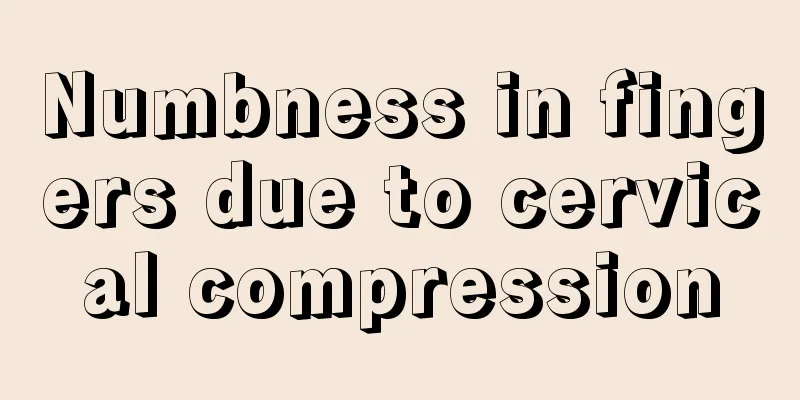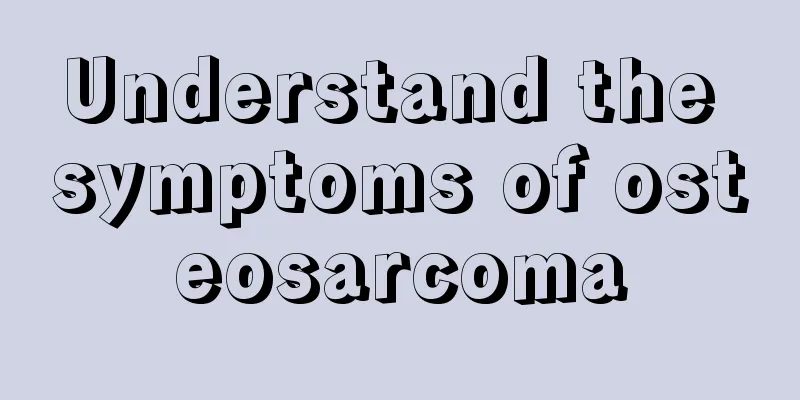About the manifestations of obsessive-compulsive disorder

|
In our daily lives, symptoms of OCD appear in everyone around us and even in ourselves. In fact, mild obsessive-compulsive disorder is not necessarily a bad thing. On the contrary, it can make our lives more organized and secure. However, once obsessive-compulsive disorder becomes excessive, it will seriously affect our spiritual world and daily life. So, what are the main symptoms of obsessive-compulsive disorder? The most obvious manifestation of obsessive-compulsive disorder: anticipating worries People with obsessive-compulsive disorder will endlessly repeat their fantasies and exaggerate their expectations, which is what people often call worrying about nothing and looking for trouble. Of course, the troubles of people with obsessive-compulsive disorder do not come entirely from self-inflicted problems. Instead, after encountering small problems in life, they often constantly imagine many or even big problems derived from these small problems in the future. These incorrectly anticipated problems will seriously affect the current mental state, leading to inappropriate behavior and showing some symptoms of obsessive-compulsive disorder. Anticipating worries usually causes people with obsessive-compulsive disorder to become overly anxious, and anxiety makes the situation of anticipating worries worse. Over time, obsessive-compulsive disorder will naturally arise. The most common symptom of obsessive-compulsive disorder: repetitive actions Obsessive-compulsive disorder is well known to everyone because there are many humorous jokes on the Internet that summarize the symptoms of obsessive-compulsive disorder. Frequently clicking on message reminders, checking whether the doors at home are locked... these small actions actually show that people with obsessive-compulsive disorder are repeatedly doing one thing or performing an action. Putting aside the internal causes, this repetitive action is one of the most common manifestations of people with obsessive-compulsive disorder. If you often doubt whether the gas at home is turned off, or even get restless when you get home to turn off the gas, you should be careful about whether you have obsessive-compulsive disorder. When you see this and start to doubt whether the gas valve in your home is closed properly or there is a gas leak, congratulations, you have joined the glorious group of people with obsessive-compulsive disorder. The simplest way to distinguish people with obsessive-compulsive disorder: exclusive method The so-called method on the Internet that setting a small symbol with the Arabic numeral 1 on the avatar can test people with obsessive-compulsive disorder is not very scientific and the effect is not obvious. Teacher Cui’s exclusive method to quickly identify people with obsessive-compulsive disorder. Please indicate the source when reprinting. Pay attention to the way he speaks. If he repeats a word or modal particle many times in a short conversation, he is undoubtedly a person with obsessive-compulsive disorder. For example, we often use "then", "this", "I think" when speaking... The deep manifestation of obsessive-compulsive disorder: strong inferiority complex Teacher Cui often thinks about the root cause of psychological problems. Some scholars say that obsessive-compulsive disorder comes from fear or lack of trust in childhood, but I think the manifestation of this deep problem is that people with obsessive-compulsive disorder have a strong sense of inferiority. In other words, they lack self-confidence. People with obsessive-compulsive disorder always doubt their own thoughts, decisions, and behaviors. They cannot convince themselves to believe in themselves, which leads to these various manifestations of obsessive-compulsive disorder. Investigating the cause, Mr. Cui believes that obsessive-compulsive disorder stems from inferiority complex (Academic corrections are welcome.) Mild obsessive-compulsive disorder symptoms: procrastination, forgetfulness Many netizens said that I just suffer from procrastination and amnesia, not the terrible obsessive-compulsive disorder that you mentioned, Teacher Cui (in fact, obsessive-compulsive disorder is not terrible. I am even reluctant to classify it as a mental illness. It is just a more interesting psychological problem). Why do I say procrastination and forgetfulness are mild manifestations of obsessive-compulsive disorder? It is because constantly imagining and repeating an action will lead to low efficiency and procrastination, which becomes a normal procrastination and laziness behavior. Forgetfulness is an important manifestation of mild obsessive-compulsive disorder. It goes without saying that forgetfulness leads to suspicion and anxiety. Severe obsessive-compulsive disorder symptoms: persistent fear and involuntary hallucinations It should be noted that severe obsessive-compulsive disorder requires prompt medical treatment. Because severe obsessive-compulsive disorder may be accompanied by other mental illnesses, it is no longer just common obsessive-compulsive disorder. People with severe obsessive-compulsive disorder often feel a constant sense of fear, suspecting that their life and property are under serious threat or are about to be harmed. This is accompanied by involuntary fantasies, which usually develop towards the worse. It can be said that fantasy increases the sense of fear. In short, severe obsessive-compulsive disorder has made it difficult to control one's own mind and behavior, which has had a serious impact on work and life. Therefore, this situation requires prompt medical attention. We often misinterpret the symptoms of obsessive-compulsive disorder: many We often call some abnormal behaviors obsessive-compulsive disorder. For example, for people with mysophobia who often wash their hands repeatedly, we would say that she has obsessive-compulsive disorder, but from a professional point of view, this belongs to the category of being distinguished. Mild mysophobia is merely a personal behavioral habit, while severe mysophobia is considered obsessive-compulsive disorder. There are many similar situations, so in daily life we don’t need to worry too much about whether we have any mental illness. Confidence, sunshine and a fulfilling life will keep you mentally healthy. |
<<: Dangers of instant hot pot
>>: How to remove grass stains?
Recommend
What to eat to prevent lung cancer? These things can cause lung cancer
Lung cancer is a malignant tumor disease. Clinica...
Who is suitable to wear tortoise-shell glasses
Hawksbill turtle is a common medicinal material w...
The refrigerator is a great helper in preventing stomach cancer
It has to be said that the invention and populari...
There is a lump on the right side of my neck that hurts when I press it. This is what's going on
There is a lump on the right side of my neck and ...
What is the best way to treat liver cancer? Liver cancer experts recommend this treatment
According to experts, liver cancer is a highly ma...
How is lung cancer staged? It is divided into four stages
Lung cancer can be divided into four stages, whic...
I feel weak and sleepy after catching a cold
Sometimes we suffer from a severe viral cold, and...
What medicine is good for tongue cancer in middle-aged people
What medicine is good for middle-aged people with...
Correct sleeping position after axillary odor surgery
Bromhidrosis surgery is currently a commonly used...
My eyes are always bloodshot
Eyes are important organs in our body. In our dai...
One ear makes a buzzing sound when I lie down
Tinnitus is an experience that many people have h...
What nutrients are absorbed slowly by the stomach?
Health is very important to us. To maintain healt...
Symptoms of cervical instability
Cervical instability is a type of cervical diseas...
Breast milk has no nutritional value after a few months
Breast milk is the best nutrition for newborn bab...
The dangers of drinking and swimming
We often drink alcohol in our daily lives, and ou...









